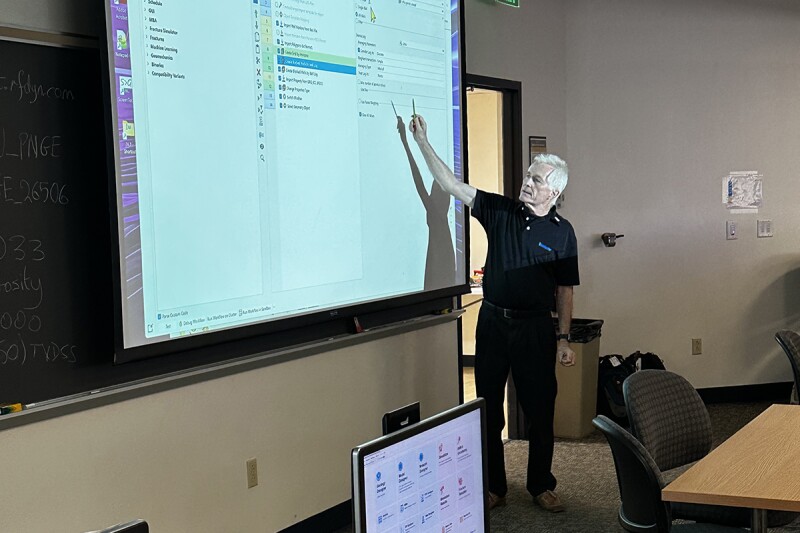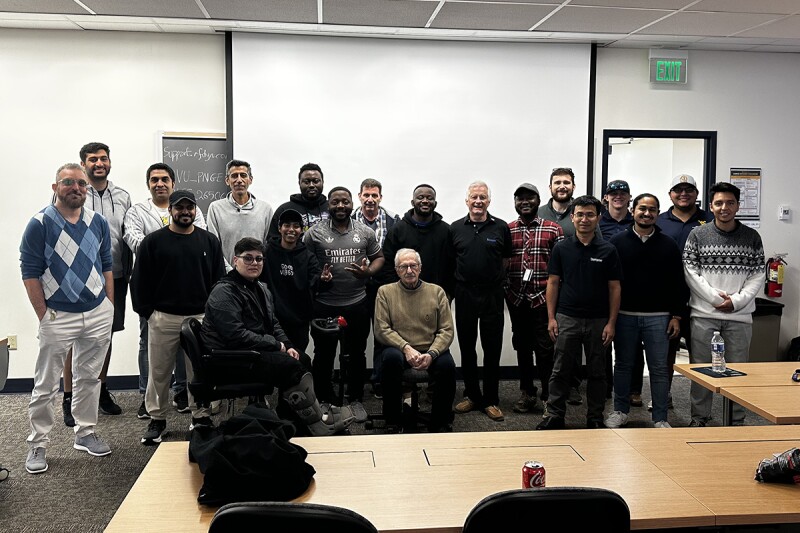West Virginia University (WVU) has received a $26.8 million in-kind donation from Rock Flow Dynamics, providing access to its advanced reservoir modeling and simulation software, tNavigator. This gift will benefit students and faculty in the Benjamin M. Statler College of Engineering and Mineral Resources and the Eberly College of Arts and Sciences with the majority of the software licenses supporting the Statler College, specifically enhancing the petroleum and natural gas engineering program.
“Rock Flow Dynamics has actively worked to forge strategic university relationships with the most influential geoscience and petroleum engineering schools in the US and globally,” said Tim Pawlik, director of US sales for Rock Flow Dynamics.
Professor Samuel Ameri expressed gratitude for the donation, emphasizing its role in providing students with industry-standard tools and supporting innovative research. The software is expected to help students develop the skills necessary to address complex energy challenges and prepare them for leadership roles in the field.
Rock Flow Dynamics also conducted a 2-day training session to help faculty and students get acquainted with tNavigator.

The Eberly College Department of Geology and Geography will also utilize the software, particularly for students studying earth and environmental sciences or geology.
“Our students benefit tremendously from the use of real-world applications that make their course material come alive with possibilities,” Brent McCusker, chair of the department of geology and geography, said. “Such experiences are critical for both their progress through their degrees and for their future employment prospects.”
The donation was facilitated through the WVU Foundation, which manages private contributions for the university.

